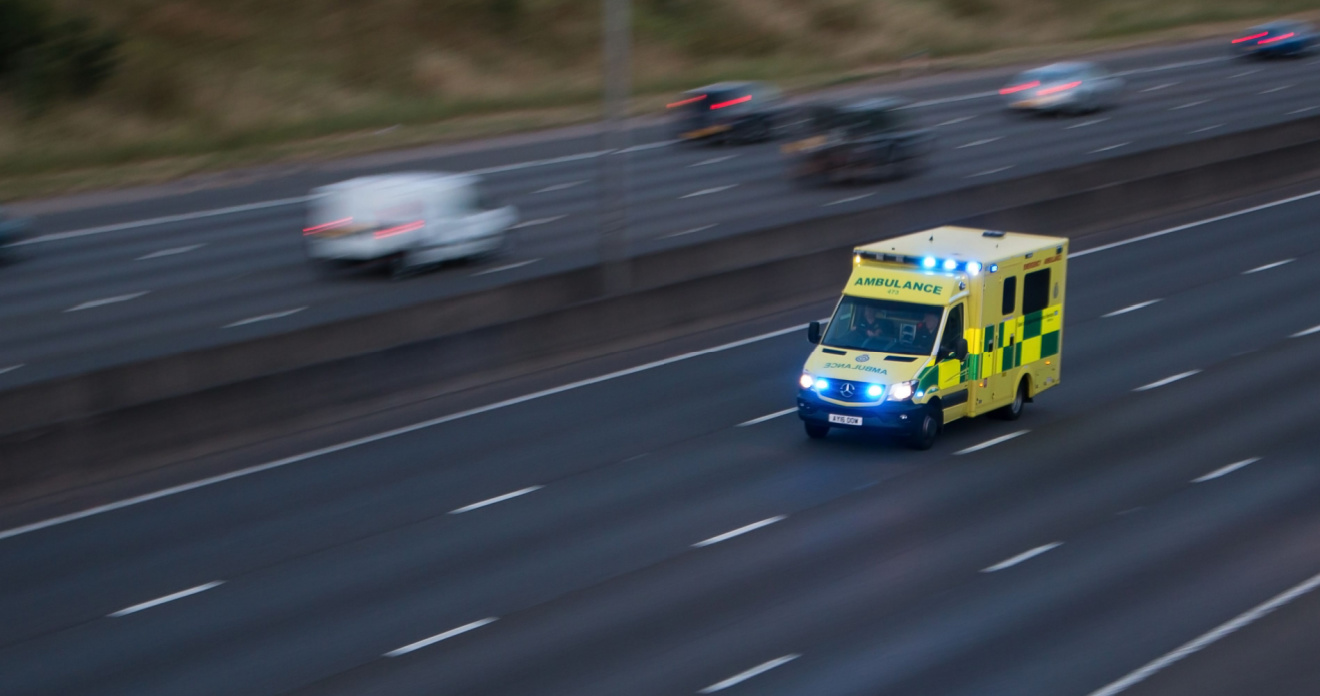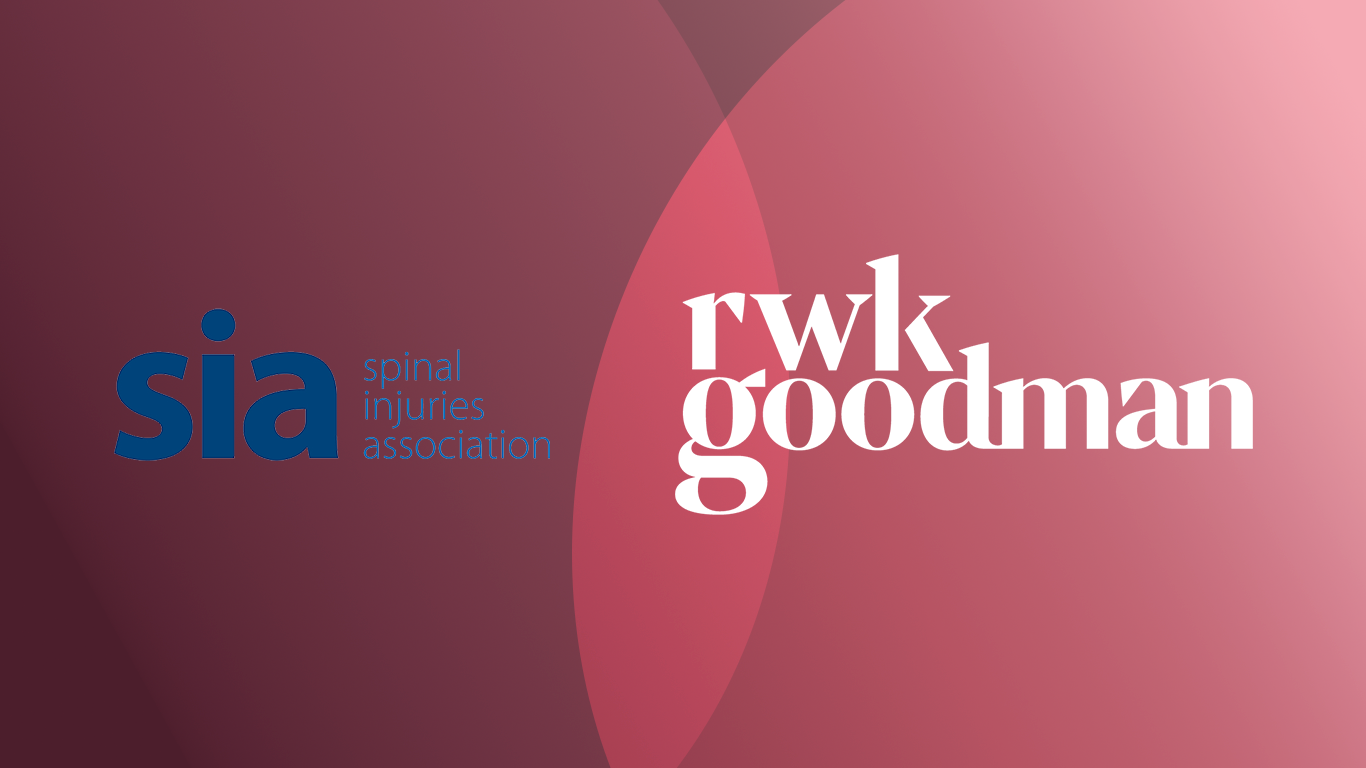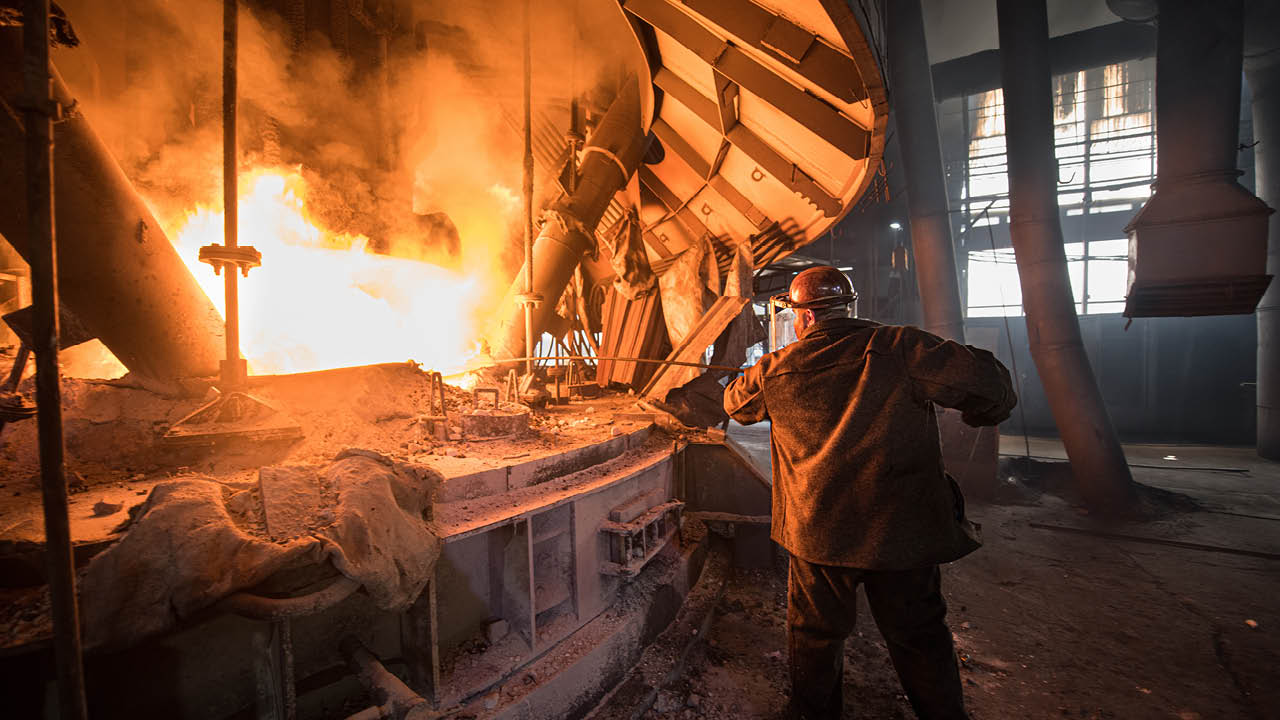Does an ambulance delay for a heart attack mean medical negligence?

Ambulance delays, cardiac arrest, and medical negligence.
During cardiac arrest speed of treatment is one of the most important factors that can save a person's life. So if there are delays in ambulance and paramedic response does that mean medical negligence has taken place?
A cardiac arrest usually happens without warning. If someone is in cardiac arrest, they suddenly collapse and will be unconscious, unresponsive, and may be breathing abnormally (e.g. gasping) or not breathing at all. Without immediate treatment, the person will die.
What are the roles and responsibilities of the 999 operator and paramedic when responding to a heart attack?
If you are with someone who is having a cardiac arrest, call 999, start CPR and use a defibrillator if there is one nearby. The 999 operator will take the symptoms of the patient and determine a possible cause, thereafter dispatching an ambulance.
Upon arrival at the scene, the paramedic would have already been aware that it is a likely heart attack patient and therefore should have the necessary equipment to assist the patient. To maximise chances of survival, cardioversion (defibrillation) should be performed within 1 minute of the arrest. That is a narrow window of opportunity as a heart rupture, which is the leading cause of death, can happen quickly after a heart attack.
Will using a defibrillator save someone's life when having a heart attack?
Defibrillators are normally located in workplaces and public spaces. By performing CPR and using a defibrillator, someone in cardiac arrest is given the best possible chance of survival. However, there is not always a defibrillator close enough to help. National Institute for Health and Care Research suggests that research has found that defibrillators are more often placed in wealthier areas and where people work; they are less common in deprived areas, which is where most cardiac arrests occur.
Can an ambulance delay result in medical negligence?
Recent GMB research shows ambulance calls have almost doubled to 14 million a year since 2010. As the ambulance calls rise, so do ambulance waiting times. According to British Heart Foundation, average response times for suspected heart attacks and strokes have risen to over 70 minutes, which is nearly four times the 18 minutes target and nearly double the acceptable maximum limit of 40 minutes.
According to Dr Sonya Babu-Narayan, BHF Associate Medical Director and Consultant Cardiologist: “Every minute matters when someone has a heart attack or a stroke, but month on month, we are seeing dangerously long ambulance response times… This is a matter of life and death.[3]”
When an 18-year-old died from a fatal cardiac arrest after an ambulance delay, Mark Docherty, Executive Director of Nursing and Commissioning for West Midlands Ambulance Service (WMAS) said: “we were three minutes too late, which in cardiac arrest make a massive difference.
Please note delay in ambulance arrival in heart attack cases is something that could warrant legal proceedings. Similarly, paramedic negligence includes such scenarios as delay in arriving at the hospital, failing to arrive at the incident, misdiagnosis of condition.








